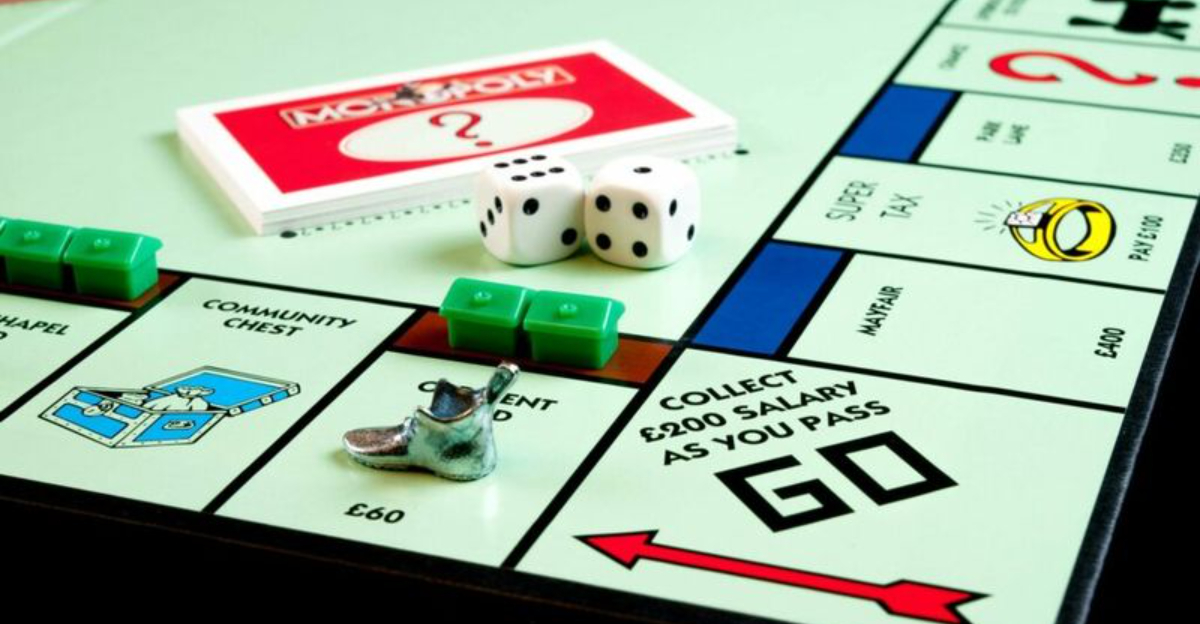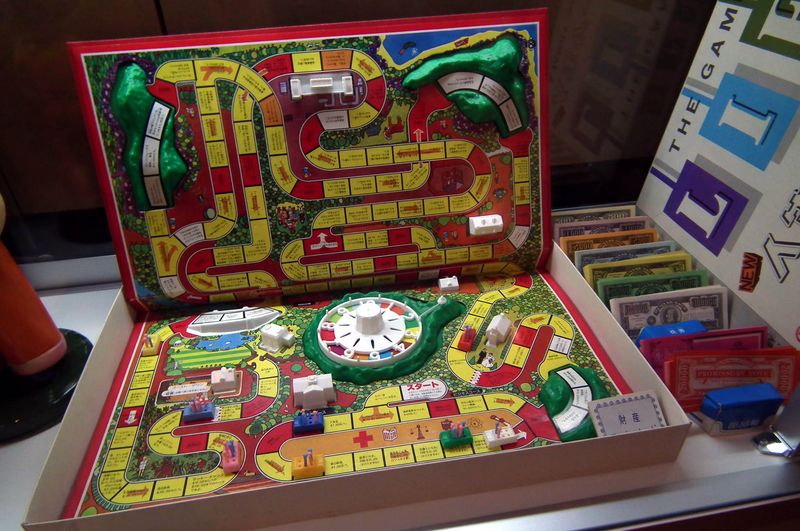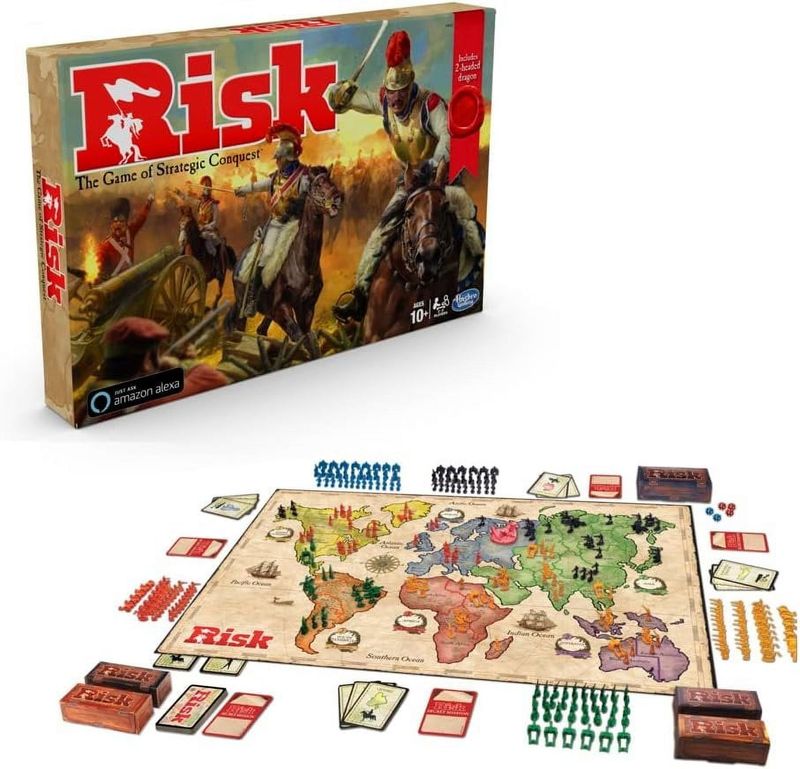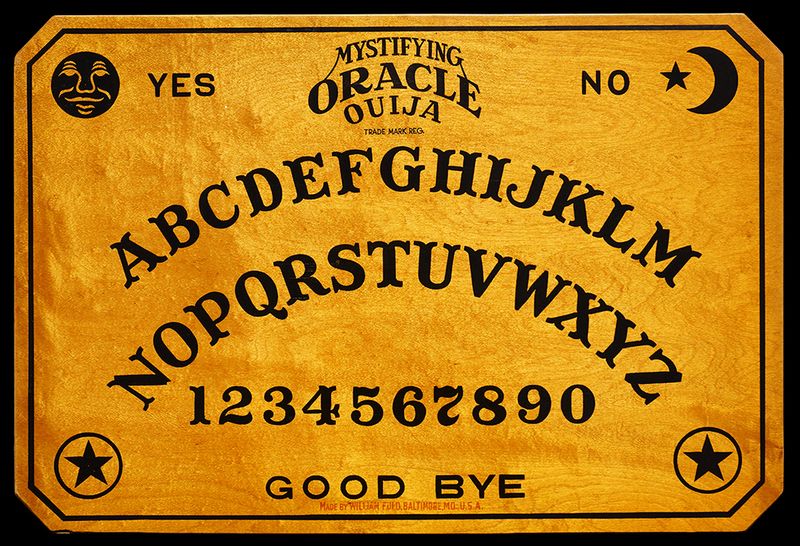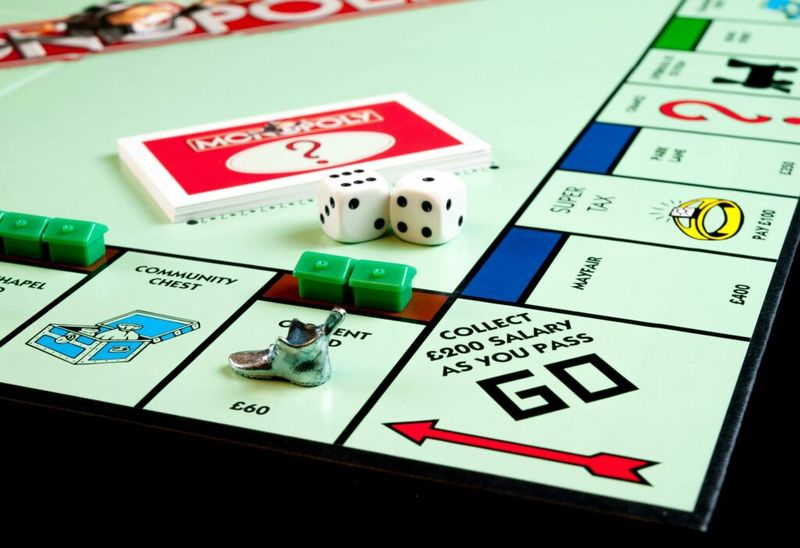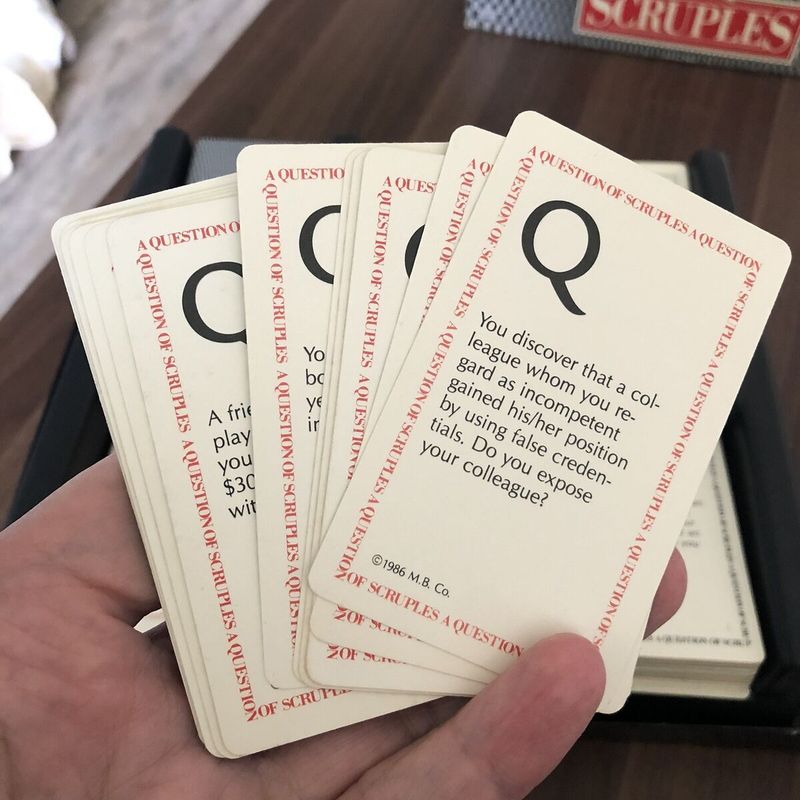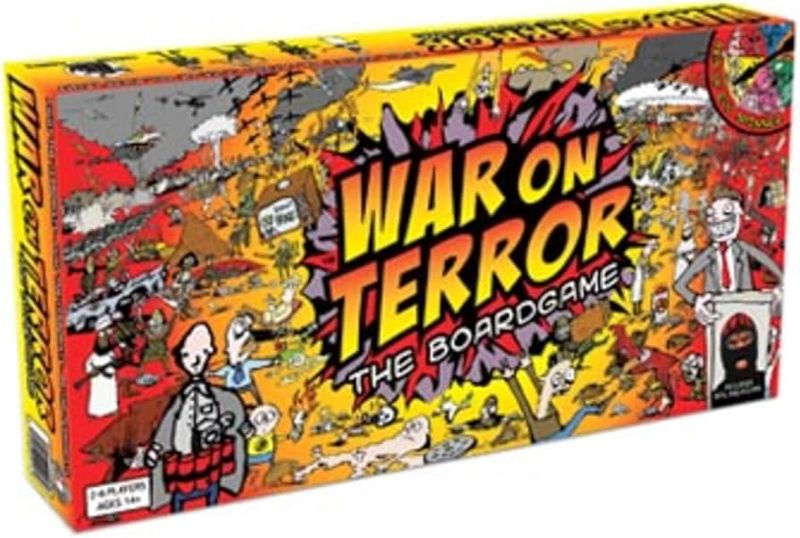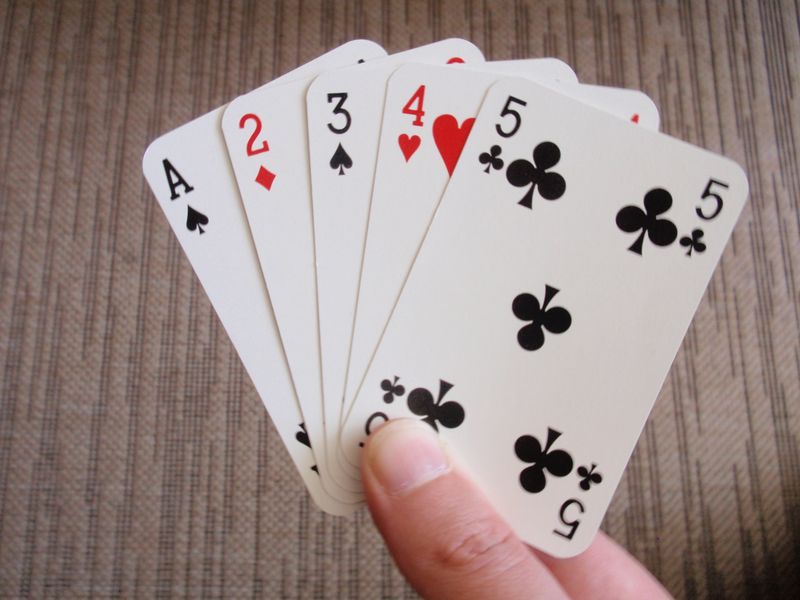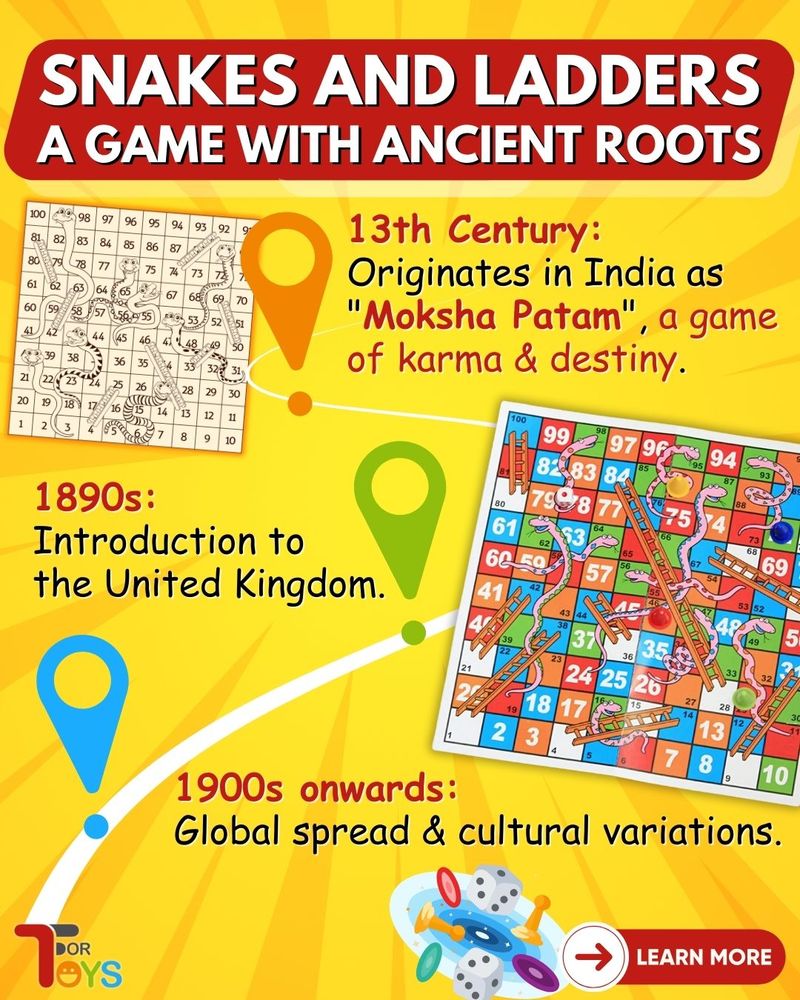Board games are usually thought of as innocent fun—but sometimes, a game’s theme, rules, or imagery gets it banned from store shelves or entire countries. Here are 10 board games from the past that caused such a stir, they were outlawed in various parts of the world for truly surprising reasons.
1. The Game of Life (Saudi Arabia)
The Game of Life, with its whimsical path through careers, family, and fortunes, is a staple on many game shelves. But in Saudi Arabia, it’s a different story. The game’s emphasis on Western lifestyle – career climbing, choice-making, and wealth accumulation – wasn’t well received. Cultural sensitivities led to its restriction, as the playful representation of life seemed too liberal. This colorful journey from college to retirement, with its cheery spinner and tiny pegs, posed a cultural contradiction. It’s as if the game’s cheerful optimism was too loud for the traditional backdrop of the kingdom.
2. Risk (Russia)
Risk invites players to strategize world domination, a concept that’s thrilling for some but sensitive for others. In Russia, its themes of military conquest and territorial expansion have sparked controversies. During tense political climates, depicting nations at war can be problematic. The little army figures and dice rolling might seem harmless, yet they symbolize real-world tensions. This ban highlights the delicate balance between entertainment and political sentiment, where even a roll of dice can echo historical echoes. Would you dare to conquer the world under such scrutiny? It’s a game where the stakes are unexpectedly high!
3. Ouija Board (Multiple Countries)
The Ouija Board is more than a game; it’s a doorway to the unknown for many. Its association with the occult has led to bans in various countries. Concerns about spirituality and religious offense surround its use. Imagine a simple board causing such a stir, with its letters and numbers sparking fear of the unseen. It’s like opening a book of secrets, but one that many governments prefer to keep shut. The mystique surrounding Ouija adds a touch of forbidden allure, making it both a captivating and controversial piece of cultural history.
4. Monopoly (North Korea)
Monopoly, the game of real estate and financial strategy, is a classic favorite. However, in North Korea, it’s banned for its capitalist principles. The idea of amassing wealth and property clashes with the country’s socialist ideology. Imagine a world where monopoly money is the enemy! The colorful board, a symbol of free enterprise, stands in stark contrast to North Korea’s political beliefs. This prohibition reflects the regime’s strict control over Western influences, highlighting how even a board game can become an ideological battleground. An interesting twist to your favorite family game night, isn’t it?
5. Scruples (Ireland)
Scruples is the game that dares to ask the hard questions. In Ireland during the 1980s, it was criticized for promoting anti-social behavior. Players facing ethical dilemmas made some uncomfortable, leading to its controversial reputation. The moral quandaries it posed were deemed too provocative, stirring the pot in a society valuing conformity. Imagine a card game causing debates over right and wrong! Scruples challenged the status quo, making it both intriguing and contentious. It’s a testament to how games can reflect, and sometimes disrupt, cultural values. Would you face the moral music of Scruples?
6. War on Terror (UK Schools)
War on Terror, with its satirical take on global politics, brought humor to a serious subject. In UK schools, however, it was considered too politically charged. The game’s parody of counterterrorism strategies didn’t sit well in educational settings. Featuring balaclavas and oil barrel tokens, it mocked real-world issues too playfully for some. This ban highlights the fine line between satire and sensitivity, especially in places of learning. The game dared to laugh at the absurdity of political conflicts, but not everyone was amused. Would you roll the dice on such a controversial game?
7. Playing Cards (China, Historical)
Playing cards, though not a board game, have a storied past. In historical China, they faced bans for promoting gambling. Dynasties saw them as a distraction from productive work. These ornate cards, with their intricate designs, have been both a source of entertainment and controversy. Picture a time when the shuffle of cards was a forbidden thrill, a pastime viewed as an enemy of diligence. This ban speaks to ancient societal values where leisure was often suspect. It’s a reminder of how recreational activities can clash with cultural expectations. Fancy a game of history-laden cards?
8. Dungeons & Dragons (Iran)
Dungeons & Dragons is a gateway to fantasy worlds, but not everyone embraces its magic. In Iran, the game was banned for promoting Western cultural values and fantasy themes. Its mythical creatures and spellcasting were viewed as contrary to local norms. Imagine a game where your imagination knows no bounds, yet it’s restricted by real-world beliefs. The intricate storytelling and character-building offer a rich experience, deemed too foreign in some eyes. It’s a classic case of fantasy versus reality, where dragons and dungeons become cultural battlegrounds. Would you brave the adventure under such scrutiny?
9. Snakes and Ladders (Victorian Era, UK variant)
Snakes and Ladders is a beloved classic, but a Victorian-era UK variant got into trouble. This version depicted ladders as virtues and snakes as sins, causing religious uproar. The moral overtones were too much for some, sparking debates over its appropriateness. Picture a game where each roll of dice is a step towards salvation or downfall! It’s a fascinating blend of play and morality, where the stakes aren’t just about winning. This ban reflects how even simple games can stir profound societal questions. Would you climb the ladder of virtue or slip on sin?
10. Scrabble (Romania, 1980s)
Scrabble, the wordsmith’s delight, faced an unexpected ban in Romania during the 1980s. Under Nicolae Ceaușescu’s regime, it was seen as a subversive evil. The intellectual challenge it presented was deemed too Western-influenced. Imagine a game of words turned into a political statement! The tiles, each carrying a score, became symbols of defiance in a land valuing conformity. Scrabble’s ban tells a story of how language and ideas can threaten authority. It’s a reminder of the power of words, even in a simple board game. Would you dare to spell under scrutiny?
